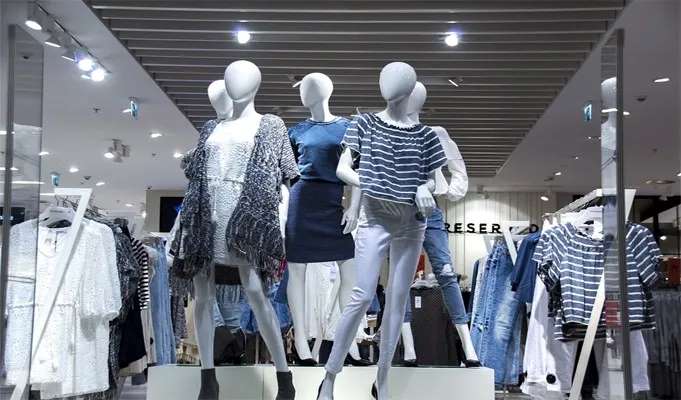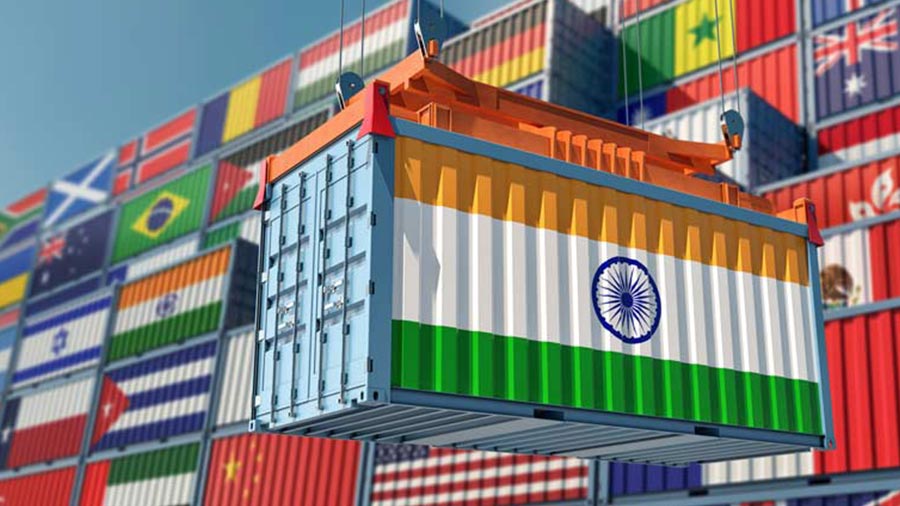
The European Union's Corporate Sustainability Due Diligence Directive (EUCSDDD), which came into effect on April 24, 2024, is set to shake up the fashion industry. It’s been touted as a game changer as brands and retailers, of a certain threshold size will now require certain practices and sourcing shifts.
Who needs to comply?
The EUCSDDD focuses on large companies. The exact size threshold is still under negotiation, but estimates suggest it will likely apply to companies exceeding 250 employees and a turnover of €300 million globally, or with over 500 employees and exceeding €175 million turnover within the EU. This captures a significant portion of major fashion brands and retailers.
Statutory sustainable steps
Brands and retailers must implement a comprehensive due diligence strategy. This includes:
Identifying and assessing risks: Companies need to map their supply chains, pinpointing potential human rights violations (like forced labor) and environmental harm (e.g., water pollution from dyeing).
Taking action: Once risks are identified, companies must develop plans to prevent, mitigate, or address them. This could involve working with suppliers to improve practices or ending partnerships with non-compliant ones.
Monitor: Keep track of the effectiveness of their efforts and report publicly on their progress.
Reporting and transparency: Companies are obligated to report on their due diligence efforts, including the measures taken and any challenges encountered.
More ethical and sustainable sourcing landscape
The EUCSDDD is expected to push fashion businesses towards nearshoring. Companies may source more materials and production closer to home to ensure greater control and visibility. It will also lead to strategic partnerships. Collaboration with suppliers who prioritize sustainability will be crucial. Investment in transparency will become mandatory as brands need to invest in technologies like blockchain to track materials and production processes.
However, countries with a heavy reliance on garment exports, like Bangladesh, might face initial difficulties adapting to stricter regulations. The EUCSDDD presents an opportunity for these countries to improve labor conditions and environmental practices, ultimately enhancing their competitiveness in the global market.
Indeed,the EUCSDDD marks a significant step towards a more ethical and sustainable fashion industry. While challenges exist, particularly for developing nations, the directive presents a chance for brands and retailers to embrace responsible practices, ensuring a greener and fairer future for fashion.












